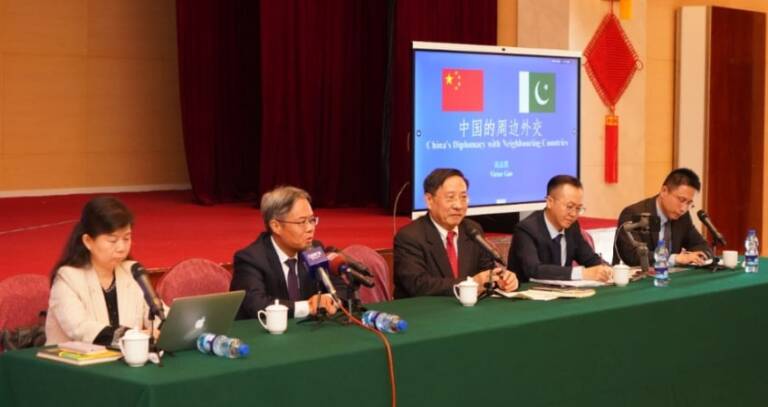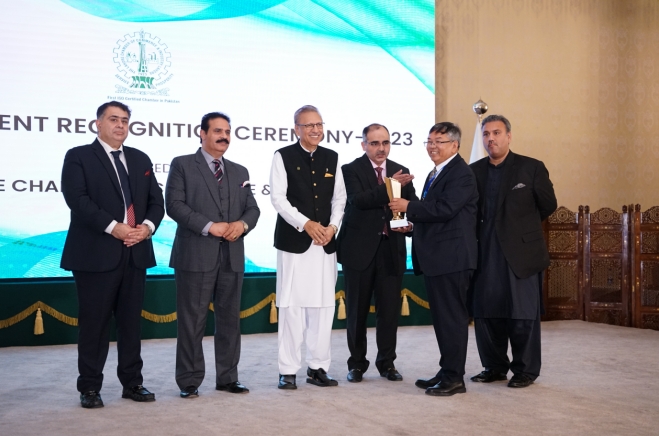In a recent address, Chinese Ambassador to Pakistan, Jiang Zaidong, highlighted the imperative need to strengthen the China-Pakistan Economic Corridor (CPEC) while proposing increased collaboration in agriculture and mining to address financial challenges in Islamabad. Zaidong outlined a forward-looking vision for the next decade, prioritizing the 21st-century economy over traditional infrastructure models. The three key points of emphasis included consolidating the current CPEC phase, deepening cooperation in agriculture and mining, and enhancing livelihoods through impactful projects.
While Ambassador Zaidong highlighted specific projects and called for substantial investment in human capital to implement President Xi Jinping’s vision of upgraded corridors, Chinese scholar Viktor Gao cautioned Pakistan against solely focusing on traditional infrastructure. Gao urged a shift to embrace the digital era, emphasizing the importance of integrating data, artificial intelligence, and algorithms for future development. Despite this advice, Pakistani policymakers appear more inclined toward obtaining additional road projects from China, potentially overlooking the transformative potential of Chinese technological advancements.
Gao also addressed broader geopolitical considerations, suggesting that Pakistan need not choose between the United States and China but should align itself with the country that best serves its interests. Overall, the statements from both the Chinese Ambassador and scholar Gao set the tone for future Pakistan-China relations, emphasizing the need for strategic alignment with contemporary economic trends and technological advancements.

















